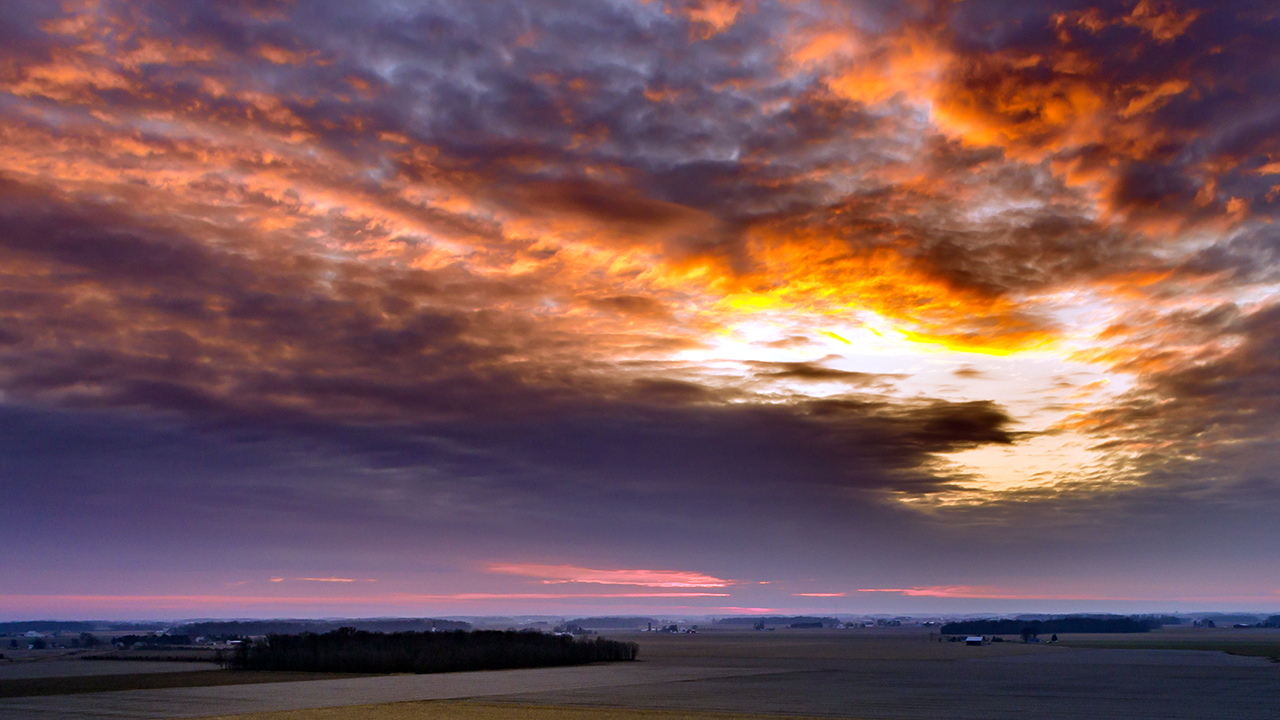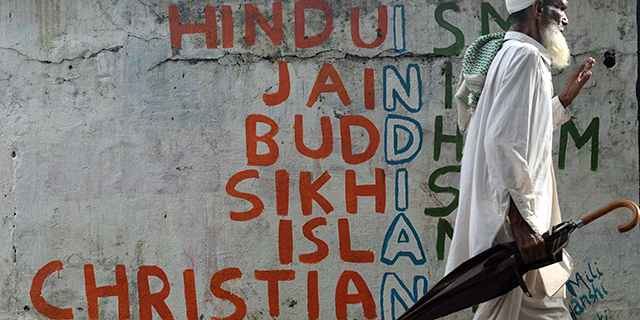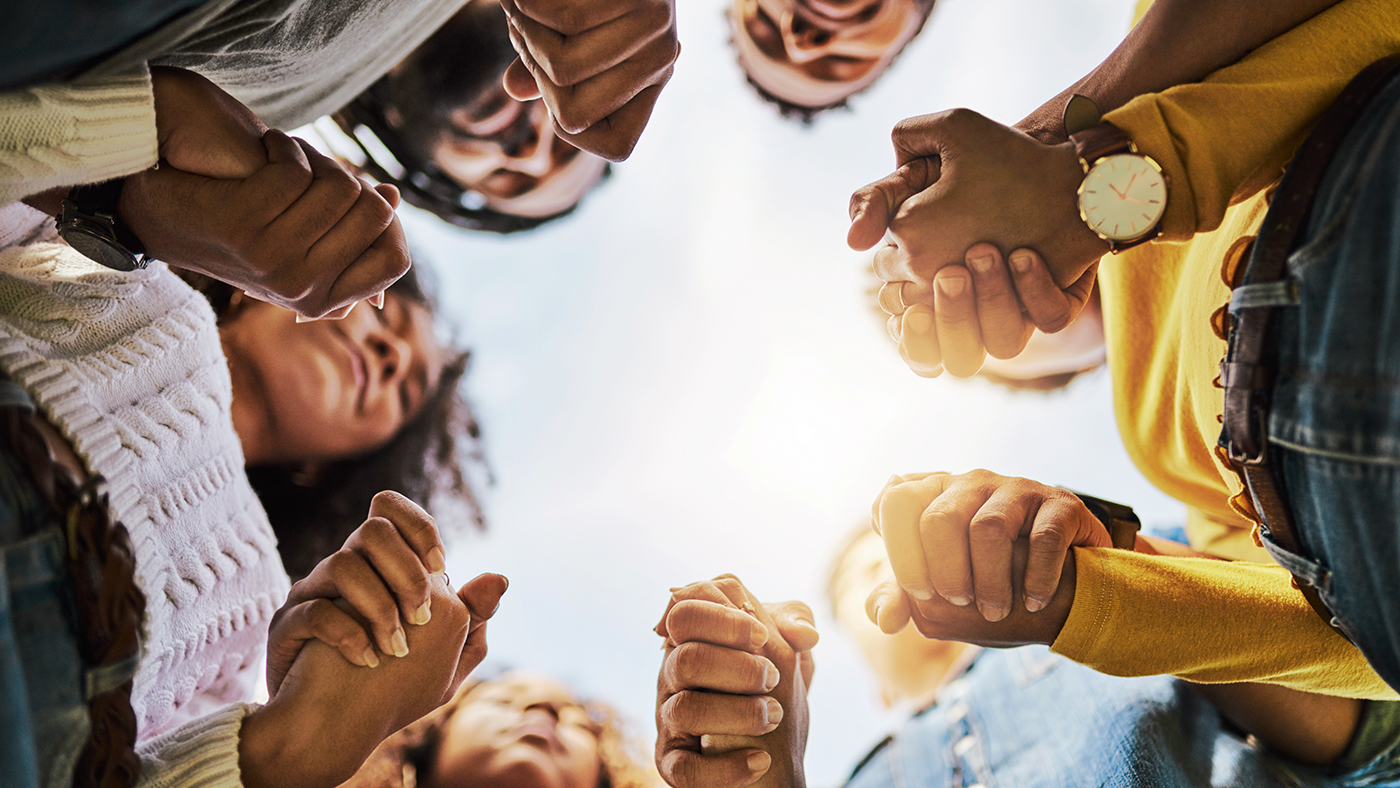
Anti-Jewish harassment occurred in 94 countries in 2020, up from earlier years
Incidents against Jewish people in 2020 ranged from verbal and physical assaults to vandalism of cemeteries and scapegoating for the pandemic.
Incidents against Jewish people in 2020 ranged from verbal and physical assaults to vandalism of cemeteries and scapegoating for the pandemic.
Most U.S. adults are neutral toward several religious groups, though Americans tend to rate their own religious group positively. More than a third of Americans hold unfavorable views of multiple religious groups.
About a third of U.S. parents with children under 18 say it’s extremely or very important to them that their kids share their religious beliefs.
Religiously unaffiliated people were harassed by governments, private groups or both in 27 countries in 2020.
While there has been a decades-long decline in the Christian share of U.S. adults, 88% of the voting members in the new 118th Congress identify as Christian. That is only a few points lower than their share in the late 1970s.
58% of U.S. adults say they do not believe “we are living in the end times” – the destruction of the world as we know it.
Evangelical Protestant adults under 40 are more likely than older evangelicals to say climate change is an extremely or very serious problem.
There has been a jump in the share of U.S. adults who see the Supreme Court as “friendly” toward religion.
Our study analyzes 198 countries and territories and is based on policies and events in 2020, the most recent year for which data is available.
Nearly a quarter of countries used force to prevent religious gatherings during the pandemic; other government restrictions and social hostilities related to religion remained fairly stable.
The Global Religious Futures (GRF) project is jointly funded by The Pew Charitable Trusts and The John Templeton Foundation. Here are some big-picture findings from the GRF, together with context from other Pew Research Center studies.
Indians see religious tolerance as a central part of who they are as a nation. Across the major religious groups, most people say it is very important to respect all religions to be “truly Indian.”
Today, most Black adults say they rely on prayer to help make major decisions, and view opposing racism as essential to their religious faith.
The Christian share of the U.S. population is declining, while the share of Americans who do not identify with any organized religion is growing. These changes affect all regions in the country and many demographic groups.












